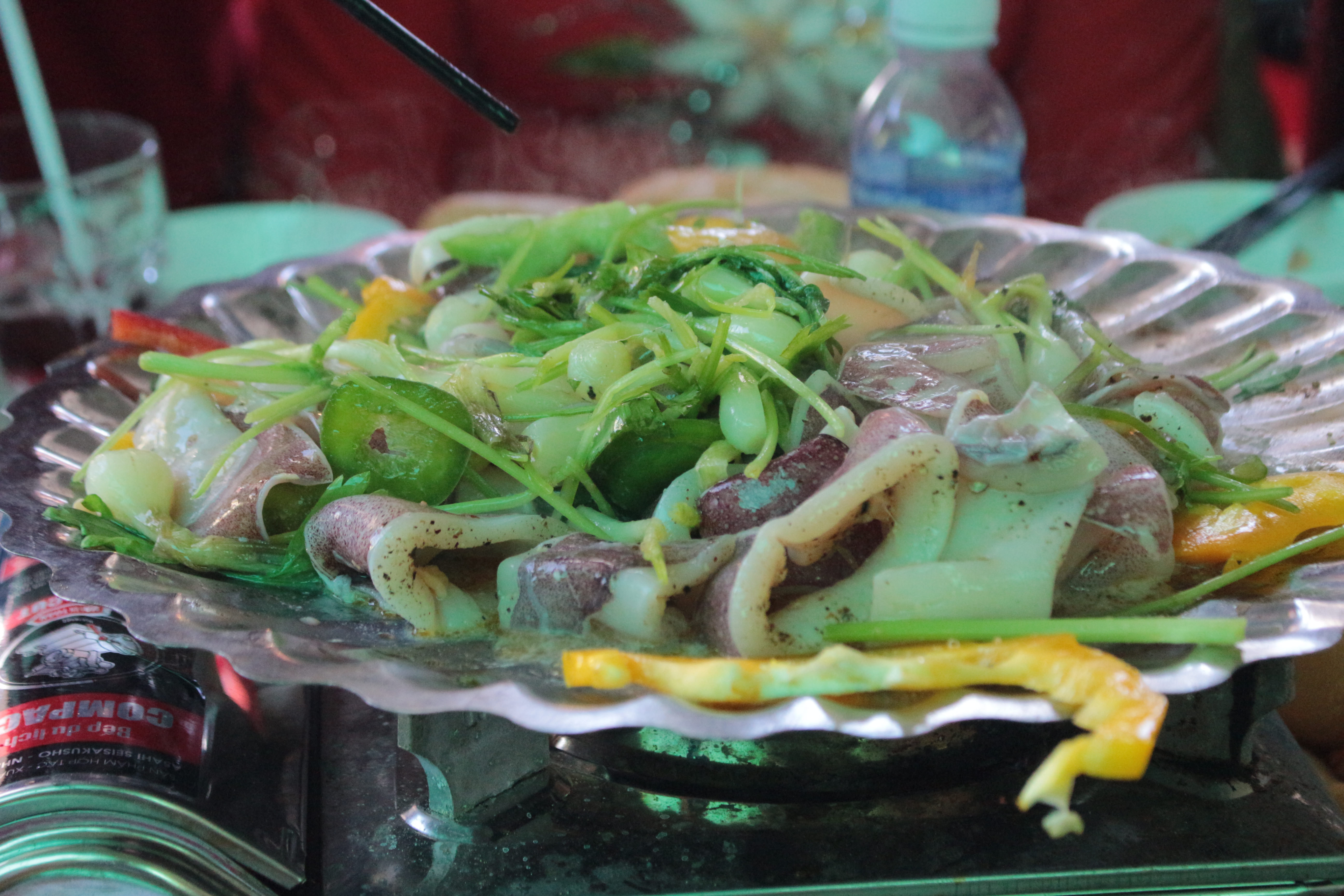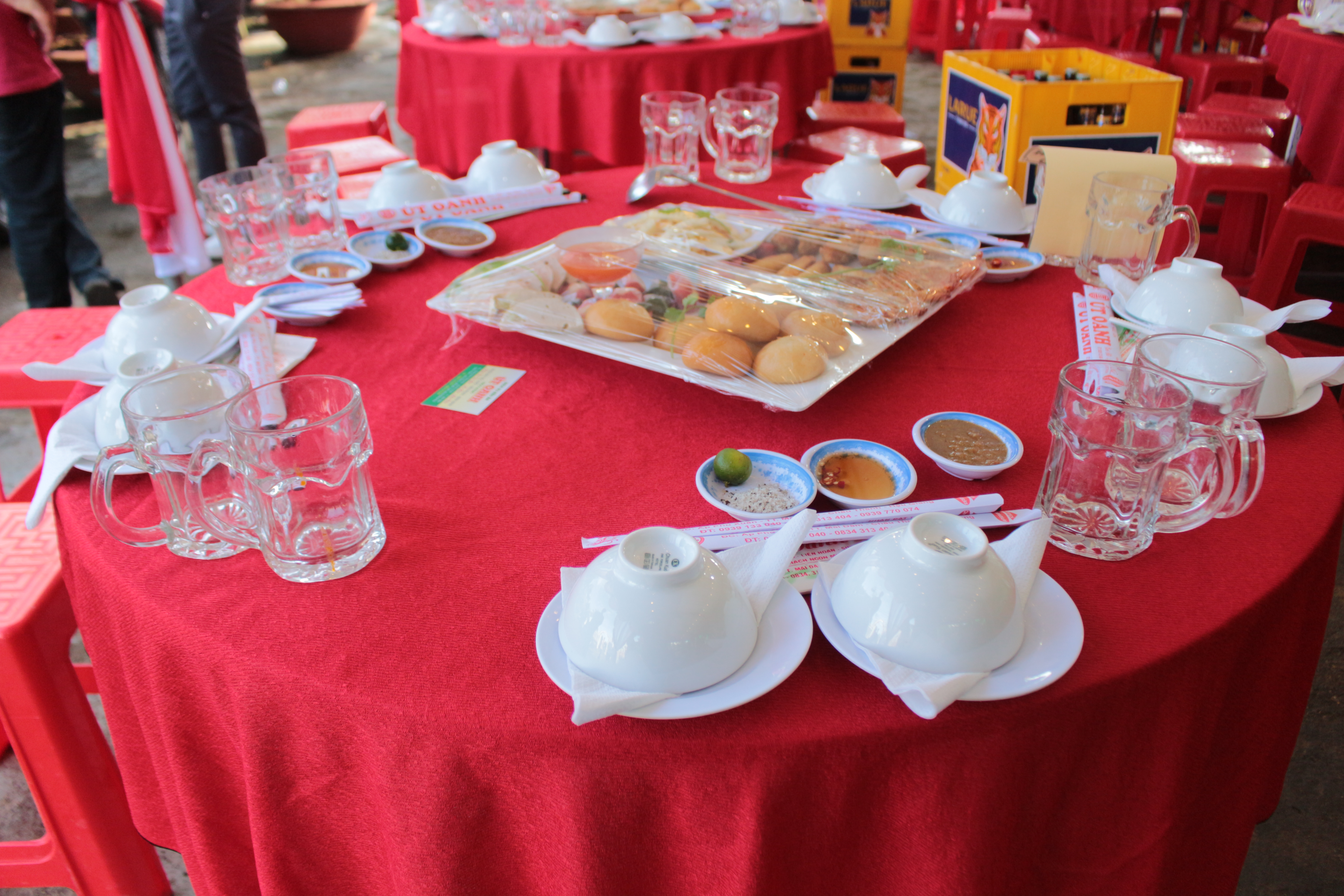We have all attended a wedding at some point in our lives. The celebration of a union between two individuals is a special moment, celebrated in various locations such as churches, venues, and gardens all around the world. In Vietnam, weddings follow a similar structure, but there is something unique and enchanting about countryside weddings.
Unlike other countries, Vietnamese weddings are often divided into several sections and can span over weeks or even months. The legal aspects of a wedding must be completed at a government office in the hometown of one of the partners.
In the case of a wedding between a foreigner and a Vietnamese person in Vietnam, the paperwork is done in the hometown of the Vietnamese partner. However, if both individuals are Vietnamese, one of them must obtain a single certificate from their hometown and bring it to the hometown of the other partner to complete the marriage paperwork. This process can take weeks or months to complete and is often done well before or after the actual wedding.
Tradition plays a significant role in Vietnamese weddings. This is another important aspect that is sometimes carried out on the wedding day or the day preceding the celebration. Typically, it is the groom’s responsibility to visit the bride’s home and present gifts, such as fruits and gold, to symbolize the union of the couple. Different traditions exist, depending on the region and religion of the couple, but the underlying theme is always the importance of family.
Recently, I had the privilege of attending a countryside wedding in a small village located approximately 20km south of Can Tho City, in the Mekong Delta region. We embarked on a bus journey from Can Tho with the groom, a Canadian, and traversed through back roads, small bridges, and narrow paths that could barely accommodate a car, let alone a bus.
Arriving at 6:30 am, we found ourselves in the midst of a family celebration and wedding party. Despite the early hour on a Sunday, the surroundings were filled with music blaring at full volume, the sun shining brightly, and an atmosphere of excitement as the bride prepared for her wedding at home.
The ceremony began with a short ritual of gift-giving in front of the house, amidst the traffic of passing motorbikes. We then entered the house, which was bustling with elegantly dressed women and children scurrying between the tables set up for the wedding party.
In one corner of the courtyard, a room was arranged to welcome the groom’s party. They took their seats facing the bride’s family.
A morning feast
|
|
| Local food is served at a wedding party in the suburbs of Can Tho City, Vietnam. Photo: Ray Kuschert / Tuoi Tre News |
Following the traditional ceremony, we all gathered for a meal. To my astonishment, a grand spread of meat and seafood was presented on the table at the unimaginable hour of 8:30 am. Boxes of beer lined the tables, and the local men wasted no time in consuming as much beer as they could handle before 9:00 am. The music continued blaring at full volume.
A man approached our table, inviting us to join him in drinking. Fortunately, the foreign guests – myself included – were unable to consume alcohol, so we politely declined the invitation. However, had I been so inclined, I could have celebrated with beers before breakfast alongside the local men.
As the alcohol took effect, people approached our table to take photos with us. Children eagerly interacted with us, creating an atmosphere of organized chaos as the 150 or more guests enjoyed their meal, drinks, singing, and conversations.
For the groom’s mother, who had only recently arrived in Vietnam, this was her first time experiencing Asia. She was overwhelmed by the heat, chaos, and cultural traditions, yet her sense of wonder and appreciation for this unique moment was palpable. Not every visitor to Vietnam has the opportunity to witness a traditional countryside wedding.
|
|
| A photo shows a table set up for a wedding party in the suburbs of Can Tho City, Vietnam. Photo: Ray Kuschert / Tuoi Tre News |
In cities, wedding ceremonies at designated venues are meticulously planned. They typically last less than two hours, and there are trained personnel who efficiently guide guests in and out. In fact, it has become so customary that the presentation of the hotpot signifies the end of the event, and guests promptly finish their soup before heading for the exit.
In rural areas, weddings seem to have few regulations. They can commence as early as 7:00 am or as late as 1:00 pm, lasting anywhere from two hours to an entire day. The festivities may or may not include speeches, but one thing is certain—there will always be beer, and a group of men will seize the opportunity to come together, regardless of the time of day.
You may have attended a wedding in Ho Chi Minh City, Hanoi, or another major city, but it is a traditional countryside wedding that truly presents you with a profound insight into Vietnamese culture. Once you strip away the formalities, you’ll gain a genuine understanding of the significance of family, friends, and community bonds in the lives of those residing in rural areas.
If you ever receive an invitation to a countryside wedding, embrace the opportunity wholeheartedly. It may require a trip lasting two or three days, but it will be an experience unlike any other in the world. You’ll gain invaluable knowledge about the people and culture of Vietnam, and you’ll develop a deep connection and appreciation for the privilege of living in this remarkable country. Immerse yourself in the timeless charm of Vietnam through the experience of a countryside wedding.









